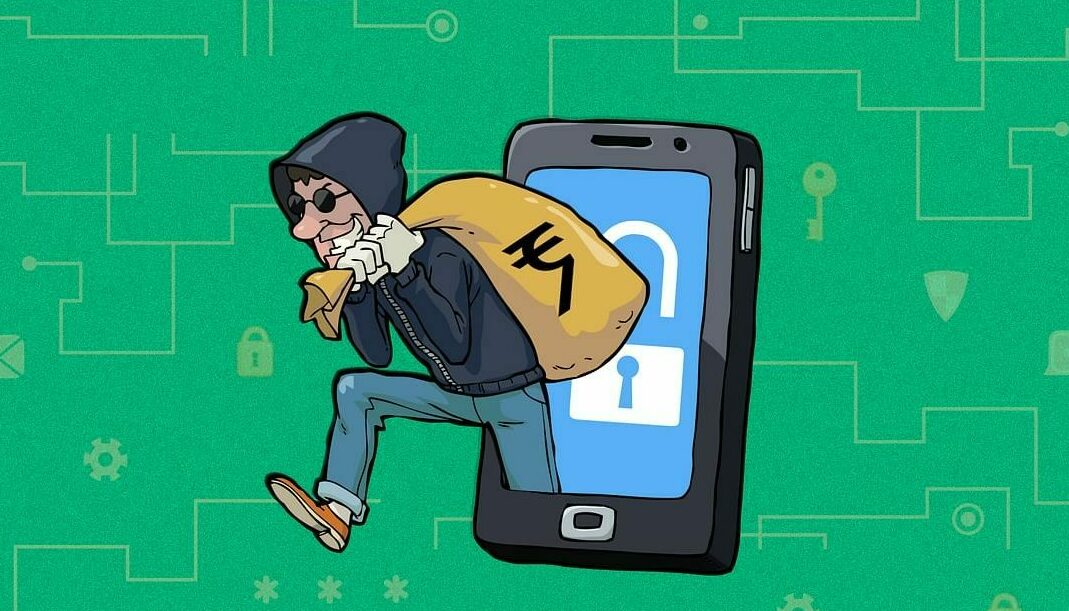Loans have become more readily available. The days of planning paperwork before approaching banks to get a loan approved are long gone. Now, a small loan can be approved from a digital lending system without any paperwork and from the comfort of one’s own home.
However, the lending process’s simplicity can cause borrowers to forget some important terms and conditions, leading to problems after they get the loan sanctioned.

While we cannot underestimate the positive effect of digital lending, it does need to be more responsible given the variety of digital handshakes with various agencies, suppliers, and, in some cases, industries. Borrowers must also be more mindful of and focused on their interests.
Algo360 carried out a basic (statistically insignificant) survey of approximately 100 digital financing app-based borrowers (focused on pay-day loans).
The survey findings were concerning:
- Almost 80% had received loans through an aggregator/third-party app, and more than 90% were unaware of the eventual lender.
- Just under 5% were conscious of, read, or cared about the loan’s terms and conditions.
- Somewhere around 15% remembered whether these apps had access to their call logs/contacts/address book.
- More than half of the borrowers were willing to take out another loan to pay off a current unpaid loan.
With borrower education remaining low, lending apps capitalize on this ignorance to boost short-term revenue.
Rules for borrowing from lending apps
Do not install any off-market lending apps: No “responsible lender” would ask you to download an app that violates the Play Store/App Store guidelines.
Manage app permissions with caution: Opt-out instead of opt-in. Most lending apps request permissions, such as device details, SMS, call logs, and so on. If you are not comfortable with a specific information request, refuse access because many of these permissions are “not mandatory” and do not have an immediate impact on your credit risk assessment.
Scrutinize the need and repayment potential: Failure to repay the loan almost always has repercussions, such as lower credit scores or, worse, loan sharks.
Use trustworthy anti-virus software: A good anti-virus software will detect information that is stolen/ scraped from your computer without your permission, as well as whether it is transferred unencrypted, which increases the risk of hacking/ data theft.
Examine the credit bureau report frequently: It displays your profile’s various scores and comments on any inquiries made against it. When you see an incident that you do not know, file a complaint with the bureau.




